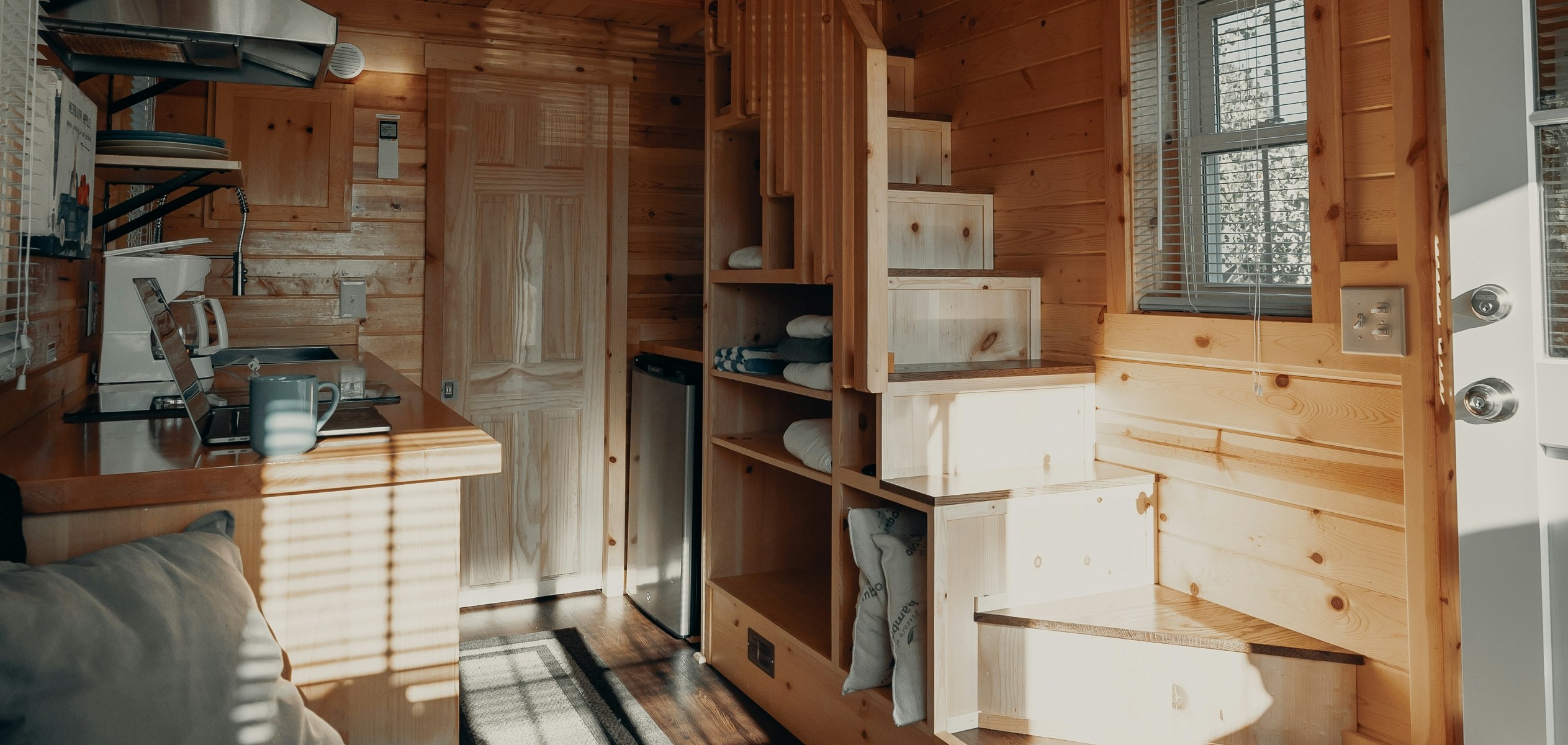What Is an Estoppel?
If you’re involved in real estate transactions, especially those with multi-family properties or tenants, you’ve likely heard the term “estoppel.” But what exactly is an estoppel, and why is it important in real estate?
An estoppel is a legal document provided by a tenant during a real estate transaction. It outlines key details about the lease agreements, including the tenant’s rights and responsibilities, as well as other relevant information. Think of it as a written confirmation from the tenant that details the terms of the lease, which can be crucial in preventing future disputes.
Key Details Included in an Estoppel
Some key details typically included in an estoppel are:
- Names of all tenants and occupants in the unit
- Lease term, including start and end dates
- Rental payment amount and due dates
- Security deposit details
- Responsibility for utilities
- Ownership of appliances
- Information about pets
- Any problems or repairs needed
- Other agreements made with the landlord
Why Are Estoppels Important?
Estoppels are voluntary, meaning a tenant isn’t required to fill one out. However, they are in the tenant’s best interest because they bring any unwritten rules or expectations to light. This can be particularly important if there are verbal agreements between the tenant and the landlord that aren’t documented in the lease.
For instance, if a tenant has a verbal agreement with the landlord that the landlord will handle lawn maintenance, but the lease doesn’t reflect this, the estoppel provides an opportunity to clarify such arrangements. This helps both the buyer and tenant understand the full scope of their obligations and rights.
The Pros of Using an Estoppel
One of the biggest advantages of using an estoppel is that it helps eliminate potential disputes down the road. By having everything documented, both the buyer and tenant are protected. For the buyer, it’s an added layer of security, ensuring there are no surprises after the deal is closed. It also helps in understanding the tenant’s expectations, which is crucial for maintaining a good landlord-tenant relationship.
Additionally, an estoppel can serve as a defense if a tenant later claims that certain agreements were in place with the previous landlord. With an estoppel in hand, you have written proof of what was agreed upon at the time of purchase.
The Cons of Using an Estoppel
While estoppels offer significant benefits, there are a few potential downsides to consider. First, because they are voluntary, tenants may refuse to fill them out or may delay doing so until after the inspection period. This can be frustrating, especially if you’re trying to finalize the details of your purchase.
Another potential downside is that an estoppel might reveal unfavorable terms or conditions that you weren’t aware of before. While this can be disheartening, it’s better to know these details upfront rather than being blindsided later.
Final Thoughts
In real estate, especially when dealing with properties that have tenants, an estoppel is a valuable tool that can help clarify lease terms and protect both buyers and tenants. While there are some limitations to what an estoppel can accomplish, its ability to document and confirm lease details makes it a crucial element in many transactions.
If you’ve encountered estoppels in your own transactions or have any tips to share, I’d love to hear about your experiences in the comments below. If you found this post helpful, be sure to check out the full video on my YouTube channel: Avoid These Real Estate Mistakes: The Truth About Estoppel. And, of course, don’t forget to like, subscribe, and share this content if you think it could help others navigate their real estate journeys!
Connect with me on YouTube, Instagram, or Facebook for more insights into real estate. If you’re looking for personalized advice, feel free to schedule a free strategy session here. Don’t forget to grab your free Homebuyer’s Guide here to make your real estate journey even smoother!
Disclaimer: Please note, I am not a lawyer. The information provided in this blog post is based on my experience as a real estate professional and is intended for educational purposes only. For legal advice, please consult a qualified attorney.

